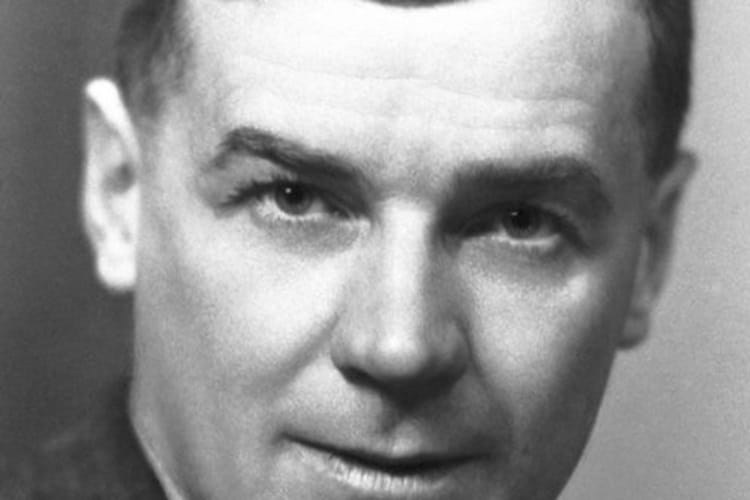Richard Laurence Millington Synge (28 October 1914 – 18 August 1994) was a British biochemist. He was awarded the Nobel Prize in Chemistry, in 1952.
Life and Career
Richard Laurence Millington Synge was born on 28 October 1914, in Liverpool, United Kingdom.
Synge was educated at the Old Hall in Wellington, Shropshire and at Winchester College. He then studied Chemistry at Trinity College, Cambridge.
After completing his education, Synge made significant contributions to the field of biochemistry. He is best known for his pioneering work in chromatography, a technique that allows for the separation of complex mixtures of compounds. His groundbreaking research on the separation of amino acids and other biomolecules laid the foundation for modern analytical chemistry and earned him the Nobel Prize in Chemistry in 1952.
Throughout his life, Synge was dedicated to scientific exploration and innovation. He made significant advancements in the understanding of various compounds, particularly hormones and antibiotics, through his chromatographic methods. His work paved the way for countless scientific discoveries and applications in the field of chemistry.
He passed away on 18 August 1994, in Norwich, United Kingdom
Award and Legacy
His most significant recognition was the Nobel Prize in Chemistry, which he received in 1952 along with Archer John Porter Martin for their invention and development of partition chromatography.
Richard Laurence Millington Synge’s legacy in the field of chemistry is firmly rooted in his groundbreaking work on chromatography. Their work with partition chromatography opened up new avenues for the separation and analysis of complex mixtures of compounds, profoundly impacting fields such as biochemistry, pharmaceuticals, and environmental science.
Richard Synge’s legacy extends beyond awards and accolades. His pioneering research and innovative techniques in chromatography continue to be widely used in laboratories around the world. Scientists and researchers rely on chromatography to isolate, identify, and analyze various compounds, and his work remains integral to these processes.

